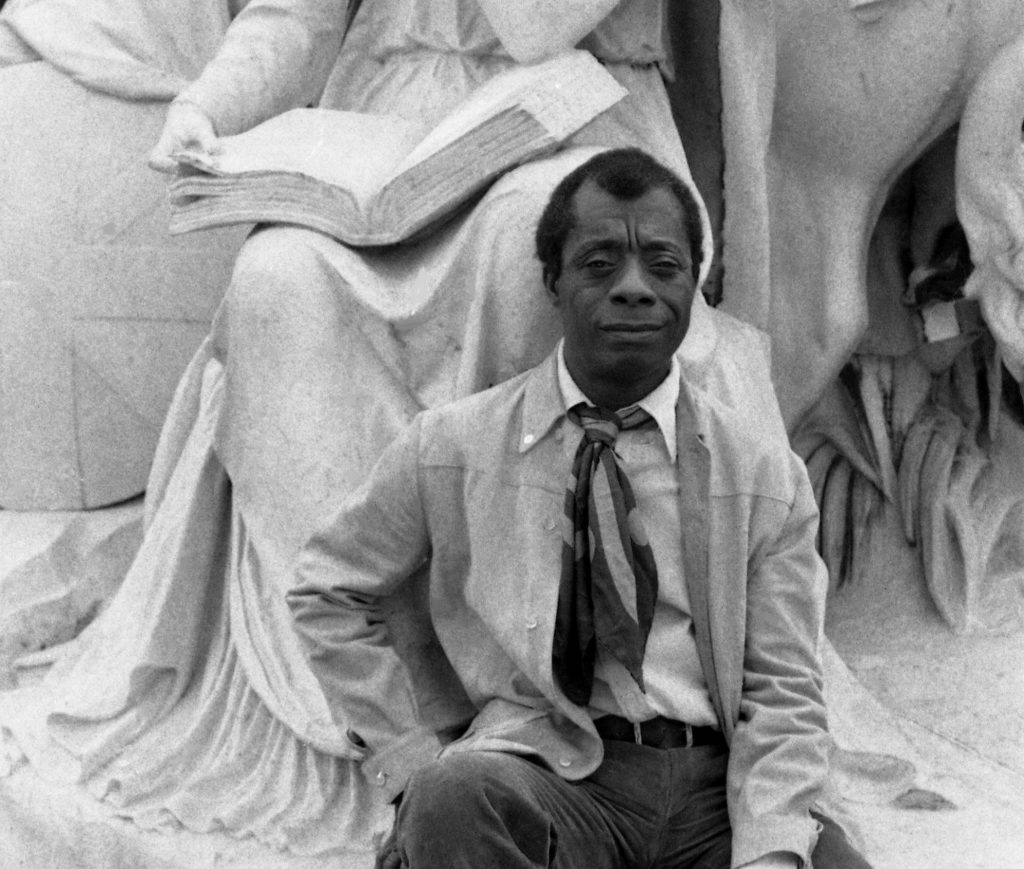
Published August 19, 2019
The N-word again—the dangerous taboo. At New York’s New School, Prof. Laurie Sheck was teaching a class on the work of the novelist and essayist James Baldwin. She cited the 2016 documentary “I Am Not Your Negro,” and pointed out that the title was a bowdlerized version of an actual quote from Baldwin, in which he used the N-word.
Ms. Sheck uttered the forbidden word, believing, correctly, that there is much to be learned from the resonance and bitterness and tragedy and defiance of the sentence as Baldwin actually spoke it, and almost nothing to be learned from the sterilized 21st-century version.
A (white) student complained to university administrators about the use of the N-word. The New School informed Ms. Sheck that she was under investigation for discrimination under its policy on the use of racial slurs.
PEN America called the investigation “a troubling threat to academic freedom and free speech in the classroom.” But even the literary free-speech group could understand the school’s position. Jonathan Friedman, project director for campus free speech, advised that “after a spate of similar incidents at universities around the country, it would serve professors well to be aware of how the N-word can be heard and understood, regardless of the intent or justification for its use. Professors can reasonably be expected to consider how even the pedagogical use of a racial slur will be heard by their students.”
Fair enough. Yet Baldwin used the word as a deliberate and complex provocation—a statement that depended for its power on the raw electricity of the word, spelled out. It opened doors and windows on the American past and on the nuances of Baldwin’s complicated state of mind on the subject of race.
Words have histories. Some of them get to be booby-trapped, and there is no more elaborately booby-trapped word in American English than the N-word. It enjoys a certain perverse sanctification. It is what the Catholics’ Baltimore Catechism used to refer to as a “sin that cries out to heaven for vengeance.” It is radioactive—which is why I do not, and could not, spell it out in this article.
To consider such matters—to go deeply into them—is the reason the university exists. When it cannot do its job, it merely patronizes students and insults their intelligence. Teachers should have the tact and commitment to learning to explain to the young, of whatever race, the reason why Baldwin, who had a powerful command of words, chose to say “I am not your n—” rather than “I am not your Negro.”
The unutterable word makes me think of the passage in Homer’s “Odyssey” in which Tiresias instructs Odysseus to take an oar from his ship and put it over his shoulder and carry it far, far inland, until he encounters people who do not know what an oar is and mistake it for a winnowing fan. When that happens, the terrible wandering of Odysseus will be over. He will be free. He will be home.
So it may be, someday, with the N-word and all its bitter meanings.
Mr. Morrow is a senior fellow at the Ethics and Public Policy Center.




